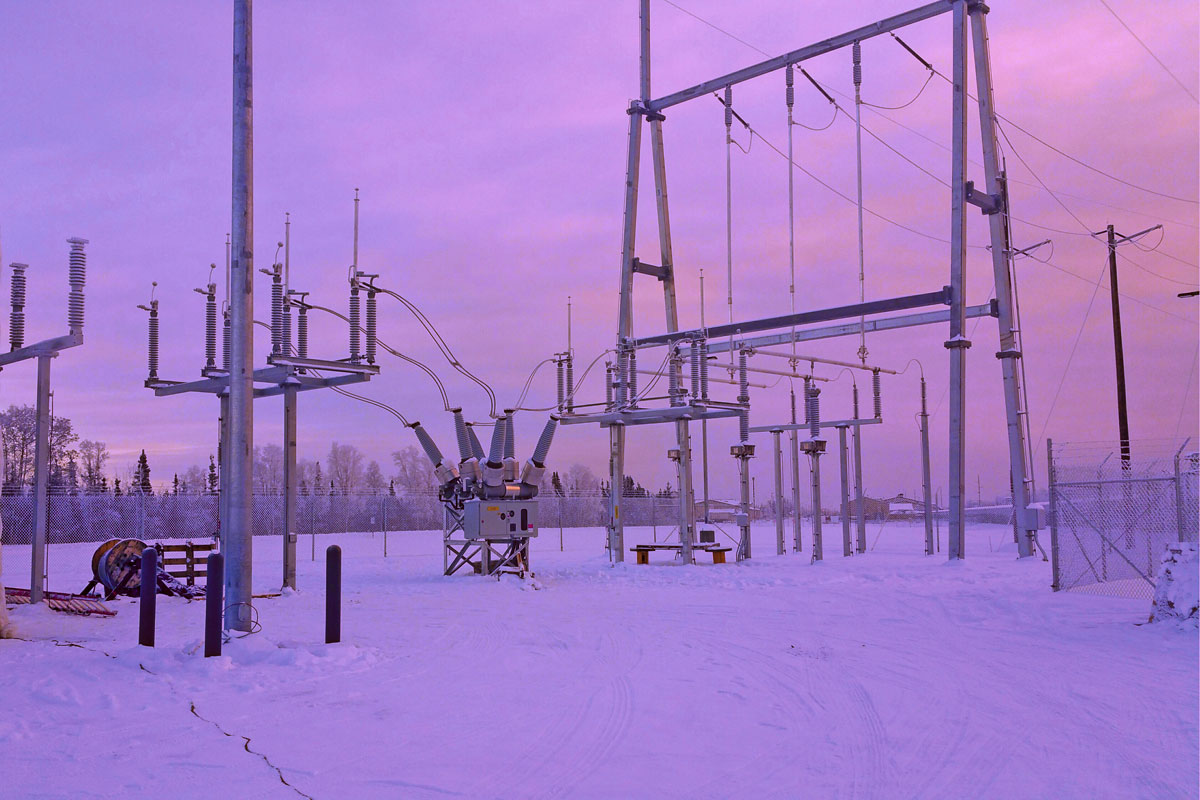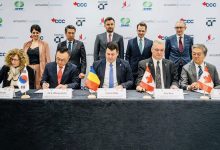10 world’s most valuable utilities brands
In its Utilities 50 2018 report, Brand Finance ranks State Grid as the most valuable brand in the world and Enel as the strongest one. According to this new top, the 10 most valuable brands in 2018 are: State Grid, EDF, Enel, Engie, ICEPCO, Innogy, Iberdrola, SSE, Tepco, Veolia.
State Grid electrifies utilities ranking
State Grid, the electric utility giant from China, has made a commanding entrance to the league table. With a brand value of USD 40.9 billion, over four times more than France’s EDF, it is by far the most valuable utility brand in the world.
The company’s service covers the majority of China’s land area, with a population of more than 1.1 billion. The brand’s success is supported through strategic investment, innovative technology, responsible operations, and environmental stability efforts.
State Grid is committed to an electrification revolution in China that would connect all networks across the country. The brand is known for investing in ‘Smart Grid’ electrical systems using Ultra High Voltage (UHV) lines, among other projects which enable a cleaner and more efficient transmission of electricity.
State Grid is also admired in China for their sense of corporate social responsibility. Their tagline ‘Your power, our care’ aligns with the government’s projection of the national brand which underscores the need for state institutions to balance authority with consideration.
Three smaller Chinese brands have also made an entrance into the Brand Finance Utilities 50 league table this year: GD Power Development (28th, USD 1.4 billion), Datang Power (33rd, USD 1.2 billion), and CGN (39th, USD 1.1 billion).
“The success of Chinese brands can be attributed to the government policy of promoting green and renewable energy solutions. As China takes on a global leadership role, also in environment protection, corporate brands benefit from the momentum. The largest of Chinese utilities brands, State Grid, is leading the way with its commitment to greener solutions, setting an example of a responsible approach that other global players can follow,” David Haigh, CEO of Brand Finance, commented.
European utility giants reorganise
The changing landscape towards an ever-growing renewables and alternative energy offering has resulted in a need for European utilities companies to consider the best ongoing strategy for the use of their brands.
E.ON and RWE have both chosen to divide their business and use distinct brands for the two sets of operations in the past year.
RWE, a European giant in the utility market, separated its operations into two segments: Innogy and RWE. Innogy oversees renewables, grids, and retail, whereas RWE is centred towards conventional power generation and energy trading.
As a result, RWE dropped out of the Brand Finance Utilities 50, replaced by Innogy which entered the table in 6th place.
E.ON demerged its business into two sections, renewable energy networks and fossil fuel. The latter was rebranded as Uniper, and entered the table in 11th place.
As a result of the split, E.ON dropped from 4th to 13th with its new focus on green energy.
Enel emerges as the strongest brand
Enel has done the converse to these two brands and over the last few years has been embarking on an overhaul of their brand in an attempt to change consumer perceptions towards a more environmentally friendly option.
Enel, one of the world’s leading integrated electricity and gas operators, emerged as the strongest brand this year with a brand strength index (BSI) score of 82.8 and a brand rating of AAA-.
Enel has undergone a strategic repositioning and brand refresh, successfully establishing itself as a consumer focused and environmentally-friendly energy provider as well as a considerate employer.
The brand also expanded its global presence through the consolidation of its rebranding process initiated in 2016, and the launch of many flagship initiatives around innovation and sustainability.
Examples include the opening Innovation Hubs in San Francisco, Tel Aviv, Moscow or Madrid, the massive deployment of EV charging infrastructure in Italy or the launch of pioneer nanotechnology for wastewater treatment in Latin America.
In addition, the brand boosted its capability to deliver value on new services with the acquisitions of Demand Energy and Enernoc, two leading US-based providers of smart energy solutions.
The second strongest utility brand behind Enel, with a brand strength score of 82.4 and a brand rating of AAA-, is Saudi Electricity Company. The brand also grew 62% in value to USD 1.9 billion, jumping from 41st to 19th in the table, which can be attributed to the expansion of their service to 502,000 new customers and 150 new residential communities.
The Global 500 report is published annually and incorporates data from all the world’s market-listed companies. Each brand is assessed on the basis of its strength, risk and future annual revenue (projected over a five-year period).
The Brand Finance Global 500, which ranks brand by value, uses the method most widely adopted by financial and tax experts: the royalty relief approach.
This method is based on estimating the likely future sales calculating a royalty rate that would be charged for the use of the brand in a given country. Brand Finance first published this global report in 2007.







